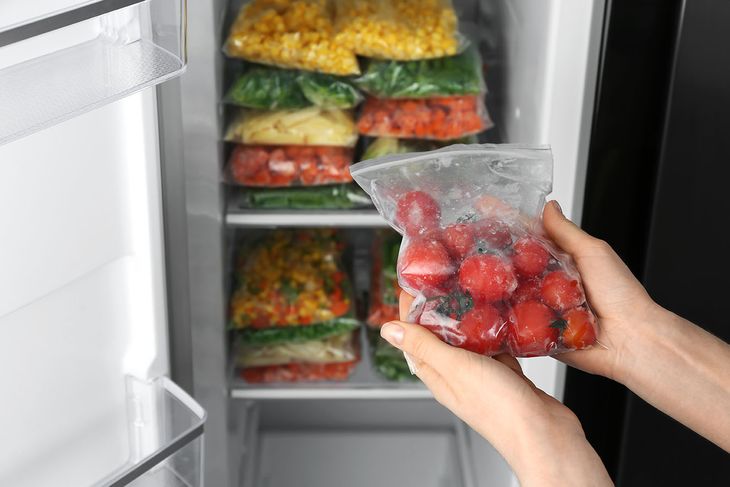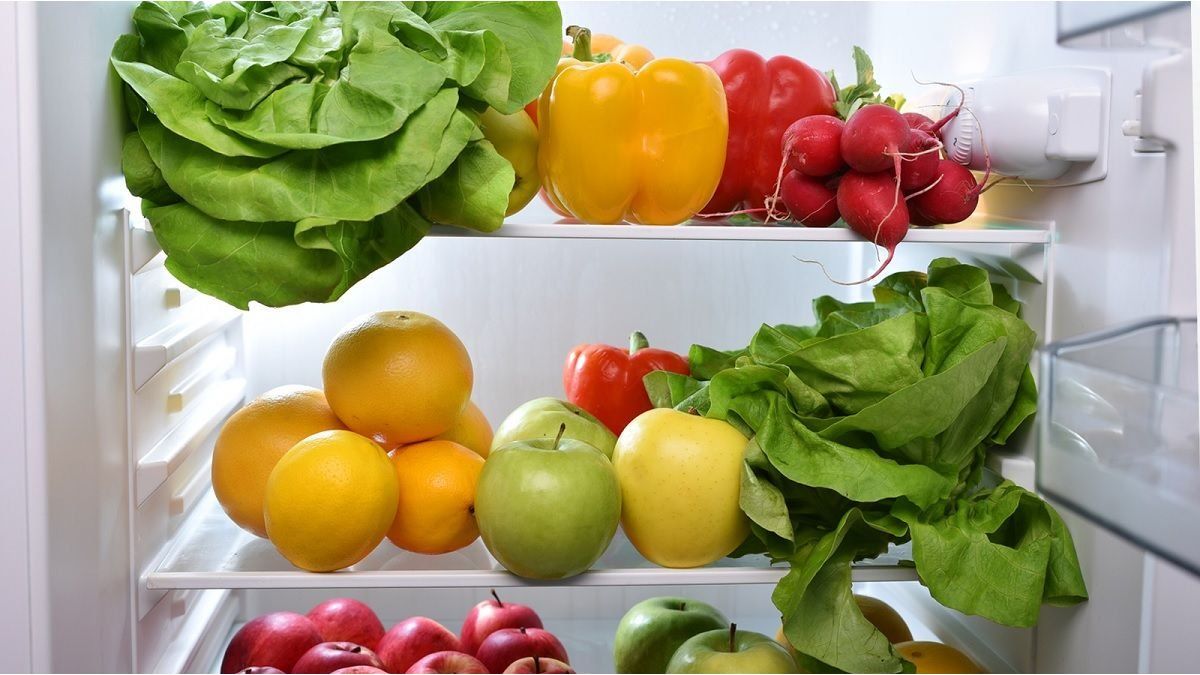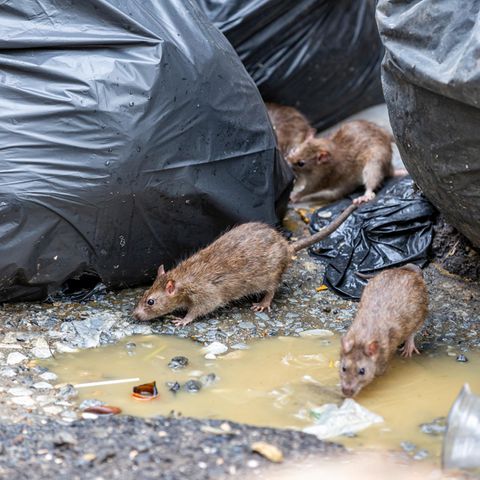I discovered how to correctly store fruits and vegetables in the refrigerator to prolong its freshness and avoid its waste.
Adequate conservation of fruits and vegetables In the refrigerator not only helps maintain its freshness, but also allows to reduce the food waste. Many times, for not knowing how to store them, the products are spoiled quickly. With simple tips, we can make sure to enjoy these foods for longer.
The content you want to access is exclusive to subscribers.
Practical tips for storing fruits and vegetables
- Control the temperature and humidity of your refrigerator: Refrigerator drawers usually have a special adjustment for fruits and vegetables, which allows greater air circulation and an optimal level of humidity for Avoid your decomposition. It is advisable to maintain a temperature between 1 and 4 degrees Celcius to avoid the growth of bacteria and fungi.
- Separate fruits and vegetables: Some fruits, such as apples, bananas and tomatoes, emit ethylenea gas that accelerates the maturation and decomposition of other foods. Therefore, it is essential to store them separately from vegetables, especially those that are more susceptible to ethylene, such as carrots and green leafy vegetables.
- Keep green leafy vegetables in optimal conditions: Vegetables such as lettuce, spinach or chard should be stored in perforated plastic bags to ensure that there is air circulation. In addition, it is advisable to wrap them in cooking paper to absorb moisture and prevent them from rotting quickly.
- Not all fruits must go to the refrigerator: Some fruits, such as avocados, peaches, melons and mangoes, must mature at room temperature before being stored in the refrigerator. Once they have reached maturity, it is important to transfer them to the refrigerator to maintain their freshness. Tomatoes, for example, must be saved outside the refrigerator until they are completely mature.


fruits.jpg

Following these tips you can enjoy your fruits and vegetables for longer.
- Proper storage of vegetables and roots: Onions, garlic, potatoes and sweet potatoes should be stored outside the refrigerator, in a dry, fresh and well ventilated place. Save them in pierced bags or baskets ensures that moisture vapors are not accumulated, which could lead to their decomposition.
- Be careful with edible fungi: These tend to decompose quickly if they are stored in plastic bags due to moisture accumulation. It is preferable to store them in paper bags or in a ventilation container, which will allow the air to circulate and help keep them fresh longer.
- Fresh herbs: Herbs such as coriander, parsley and mint are better preserved if you place them in a glass with water, as if they were flowers. Keep the glass in the refrigerator and cut the stems regularly. You can also wrap them on kitchen paper and store them in perforated plastic bags to stay fresh.
- Keep the red fruits: The strawberries, raspberries and blueberries should be washed only before being consumed, not before storing them. If you previously wash them, excess moisture can accelerate their decomposition. Guard them in a container with holes to allow air circulation, or in a cardboard box lined with paper.
Fruits and vegetables.jpg

Check your refrigerator regularly to prevent fruit or vegetables decomposed rot to the others.
Brand
Other useful tips to avoid waste
It is advisable to regularly review fruits and vegetables In the refrigerator to identify any decomposition sign. This will help prevent food in poor condition affect others. In addition, apples must be stored separately from other fruits, since they produce ethylene, and bananas must be maintained at room temperature to mature.
Avoid the use of hermetic bagssince they can catch moisture and accelerate decomposition. Instead, opt for perforated bags or ventilation boxes. It is also important not to wash fruits and vegetables before storing them; It is better to do it just before consuming them to avoid the accumulation of moisture.
With these simple tips, you can extend the useful life of your fruits and vegetables, keeping them fresh for longer and enjoying their nutritional benefits. In addition, by avoiding food waste, you will contribute to a More efficient and sustainable food in your home.
Source: Ambito
I am an author and journalist who has worked in the entertainment industry for over a decade. I currently work as a news editor at a major news website, and my focus is on covering the latest trends in entertainment. I also write occasional pieces for other outlets, and have authored two books about the entertainment industry.




